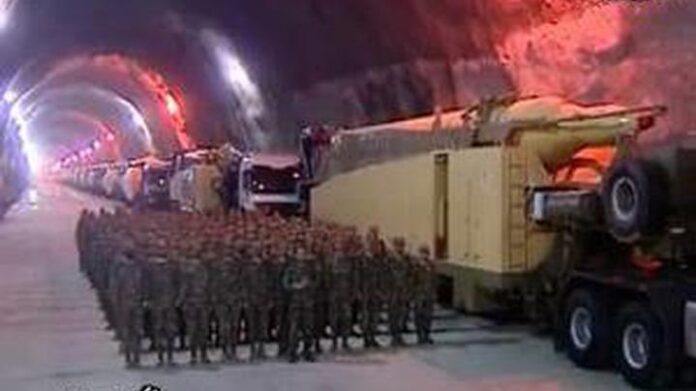Tensions in the Middle East have reached a boiling point as Iran has vowed “unrelenting retaliation” against both Israel and the United States following deadly airstrikes that claimed the lives of several top Iranian commanders.
The Islamic Revolutionary Guard Corps (IRGC) confirmed the deaths late Thursday, calling the attacks a “cowardly act of aggression” and blaming what it described as a “joint Israeli-American military operation.” Among the slain was Brigadier General Reza Khorramshahi, a key strategist and figure in Iran’s Quds Force operations across the region.
Iranian Supreme Leader Ayatollah Ali Khamenei, in a nationally televised address, declared that “swift and decisive revenge is inevitable,” adding that the Islamic Republic “will not allow such blood to go unavenged.”
Thousands poured into the streets of Tehran in a fiery show of solidarity, chanting anti-American and anti-Israeli slogans as the IRGC raised its alert level across all military divisions. The Iranian Parliament held an emergency session, with lawmakers chanting “Death to Israel” and “Death to America” in unison.
The United States has yet to confirm involvement, while Israel’s military remains tight-lipped. However, Israeli Defense Minister Yoav Gallant hinted at “pre-emptive measures to neutralize threats,” fueling speculation that the strikes were intended to disrupt alleged Iranian plots against Israeli targets.
In Washington, the Pentagon stated it was “monitoring the situation closely,” urging restraint while reaffirming America’s commitment to its allies in the region.
Global powers have expressed deep concern over the escalation, with the United Nations Security Council expected to hold an emergency meeting within hours. Analysts warn that the incident could ignite a broader regional conflict, drawing in Lebanon’s Hezbollah, Syria, and U.S. forces stationed across the Gulf.
As the region braces for Iran’s next move, one thing is clear: a dangerous new chapter in Middle East hostilities has begun.




